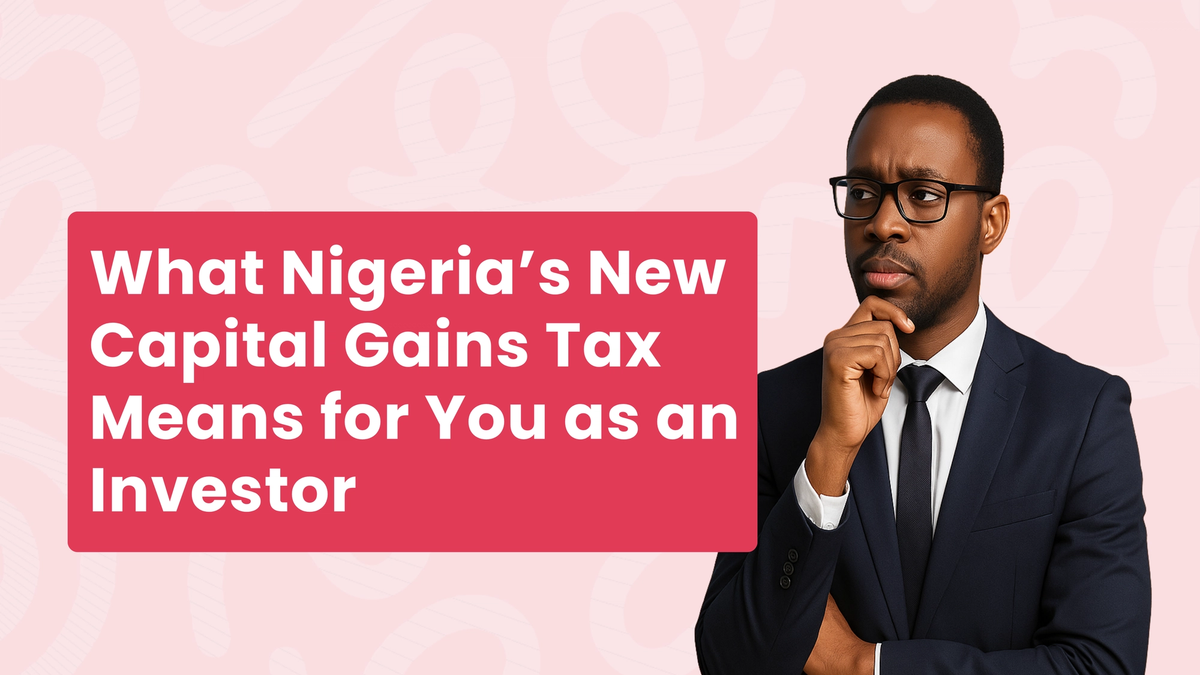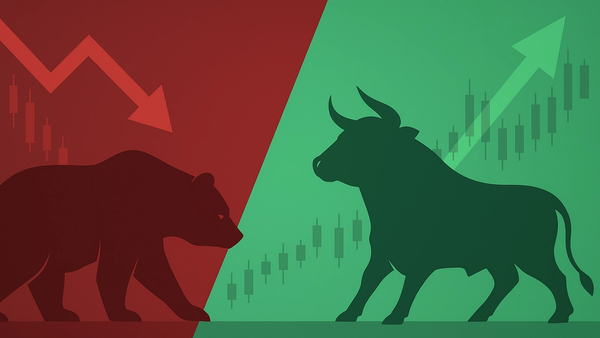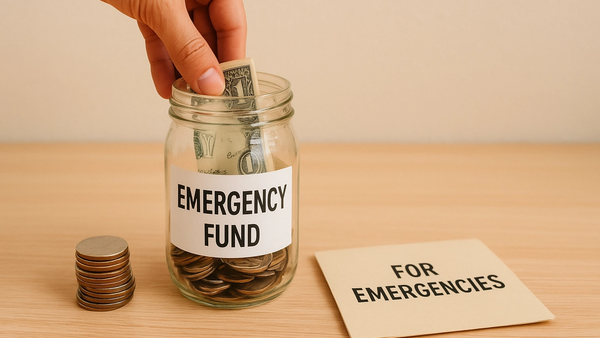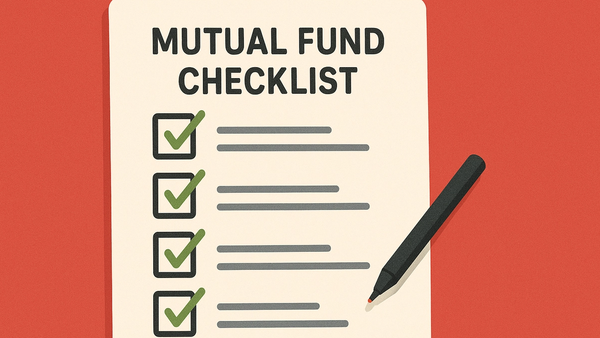If you’ve ever sold shares, crypto, or land and made a profit, you’ve probably heard of Capital Gains Tax (CGT). It’s the tax the government collects when you make money from selling an asset.
Recently, Nigeria’s new tax law — the Nigeria Tax Act 2025 — made some big changes to how Capital Gains Tax works. These changes will start taking effect from January 2026, and they matter a lot for everyday investors.
First, what is Capital Gains Tax (CGT)?
Capital Gains Tax is what you pay when you sell something valuable for more than you bought it, for example:
- Selling shares you bought years ago
- Selling your land, property, or business asset
- Making a profit from crypto or other digital assets like non-fungible tokens (NFTs)
However, the tax is only on the profit, not the full sale amount.
So, if you bought shares for ₦1 million and sold them for ₦1.5 million, your gain is ₦500,000 - and CGT applies to that ₦500,000.
What used to happen before now?
Before now, Nigeria had a flat 10% Capital Gains Tax.
This meant that no matter how much you earned or what your income level was, you paid 10% of your gain as tax.
So, if your gain was ₦1 million, you paid ₦100,000 in tax — simple and fixed.
What’s changing under the new tax law?
From January 2026, this flat 10% rule will no longer apply.
Here’s what’s new for individual investors like you:
1. Your tax will depend on your income level
Instead of paying a flat 10%, your gains will now be taxed based on your income tax rate.
In simple terms, the higher your income, the higher the tax rate you’ll pay on your capital gains.
2. Exemptions for certain thresholds
If you sell shares worth less than ₦150 million in total within a year, and your profit from those sales is below ₦10 million, you don’t have to pay CGT on that profit.
That means investors who sell shares below the ₦150 million threshold or whose profit from those sales fall below ₦10 million will enjoy tax exemption on profit realized from stock sales.
3. Crypto and digital assets are now included
Before now, the tax law wasn’t clear about crypto profits, but that has changed.
Starting from 2026, if you make a profit from selling or trading cryptocurrencies, NFTs, or other digital assets, you are now required to pay Capital Gains Tax on those profits.
So, yes, crypto gains are now officially taxable.
How This Might Affect You
Let’s say you bought some company shares for ₦2 million and sold them for ₦3.5 million - that’s a ₦1.5 million gain.
Under the old rule: You’d have paid 10% = ₦150,000.
Under the new rule: If you fall under the 18% tax band, you could be required to pay up to ₦270,000 as CGT.
However, if your total share sales are below ₦150 million and your gain is under ₦10 million in a year, you’ll pay nothing.
If you trade crypto:
If you bought Bitcoin at ₦5 million and sold at ₦8 million, that’s a ₦3 million gain.
You are now required to report it and pay your income tax rate on that ₦3 million.
If you sell property:
If you sell land or a house that isn’t your main home and make a profit, CGT will apply as before, just now at your income tax rate, not a flat 10%.
What You Should Do
Here are a few things you can do to stay prepared and possibly reduce your tax burden:
Keep records of all your investments
Note the date you bought and sold, how much you paid, and any costs (brokerage fees, legal fees, etc.). For crypto, keep screenshots or exchange receipts showing prices in naira.
Know if you qualify for an exemption
For stock investors, if your total gain from share sales is not more than ₦10 million in a year, you may not need to pay CGT at all.
But you’ll still need to report it when filing taxes.
Reinvest smartly
If you sell shares and reinvest the money into other Nigerian company shares within the same year, you will enjoy a tax exemption on the amount reinvested — meaning you pay less tax.
Ask questions or seek advice
If you’re not sure whether your investment is taxable, talk to a financial advisor or tax consultant early; don’t wait until you’re filing taxes.
The new Capital Gains Tax rules are Nigeria’s way of modernizing how investment profits are taxed.
For retail investors:
- Retail investors won’t feel much impact.
- High Value investors or frequent traders may pay a bit more.
- Crypto profits will now clearly be taxed.
These changes mean you’ll want to pay closer attention to what, how and when you sell. The more informed you are, the easier it is to make smart moves and stay compliant.
Follow Akiba on Instagram, Facebook and X[Formerly Twitter] to stay up to date and make smarter financial decisions.




